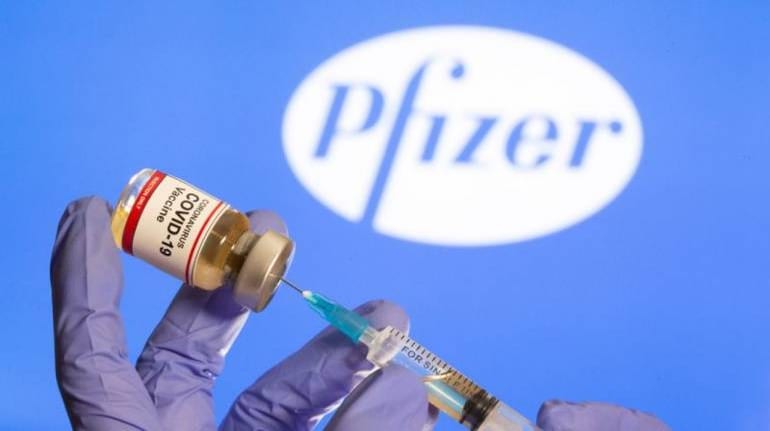Pfizer vaccine: Second person in world to get Covid jab is named William Shakespeare
The first person to get the COVID-19 vaccine shot was 90-year-old Margaret Keenan from Enniskillen.
Dec 8, 2020 / 01:59 PM IST
William Shakespeare from Warwickshire on December 8 became the second person in the world to receive the Pfizer/BioNTech COVID-19 vaccine - marking the start of the UK's mass vaccination programme against the deadly disease.
The 81-year-old man had the injection at University Hospital Coventry, 20 miles from Stratford-Upon-Avon, the birthplace of his namesake, England's greatest dramatist and poet.
The first person was 90-year-old Margaret Keenan from Enniskillen. The 90-year-old woman from Northern Ireland said she felt "so privileged" to receive the jab at University Hospital, Coventry.
Follow our LIVE blog for the latest updates of the novel coronavirus pandemic
The UK will be the first country in the world to start using the Pfizer vaccine after regulators approved its use last week. Since the Pfizer/BioNTech vaccine got the green light from the UK's Medicines and Healthcare products Regulatory Agency (MHRA), the National Health Service (NHS) said its workers have been working around the clock to manage the large-scale logistical challenge of deploying the vaccine. Vaccination will not be compulsory in the UK.
The Pfizer/BionTech formula is an mRNA vaccine that uses a tiny fragment of genetic code from the pandemic virus to teach the body how to fight COVID-19 and build immunity. The MHRA has stressed it has been cleared for mass rollout only after rigorous safety tests despite the process being speeded up due to the urgency of finding an effective vaccine against a pandemic that has wreaked havoc around the world.
(With inputs from agencies)
Follow our full coverage on COVID-19 here.












_2020091018165303jzv.jpg)



























